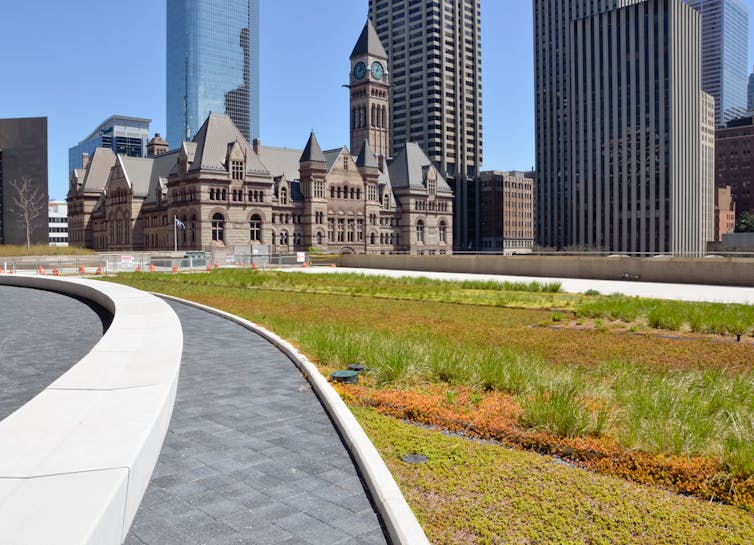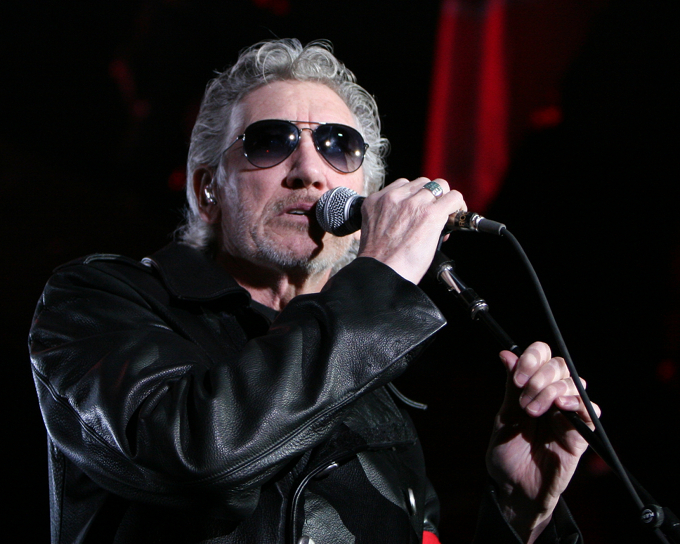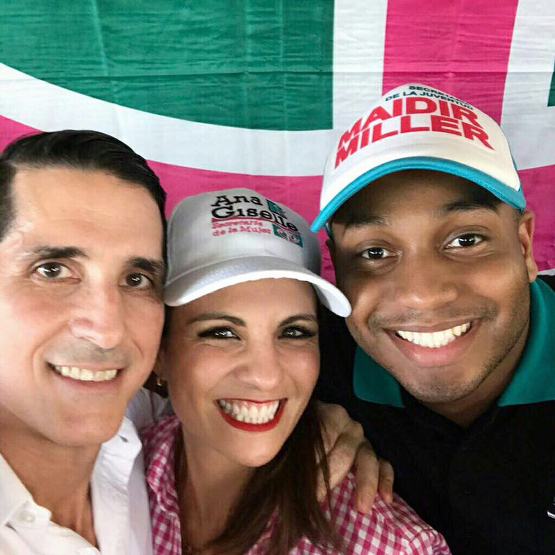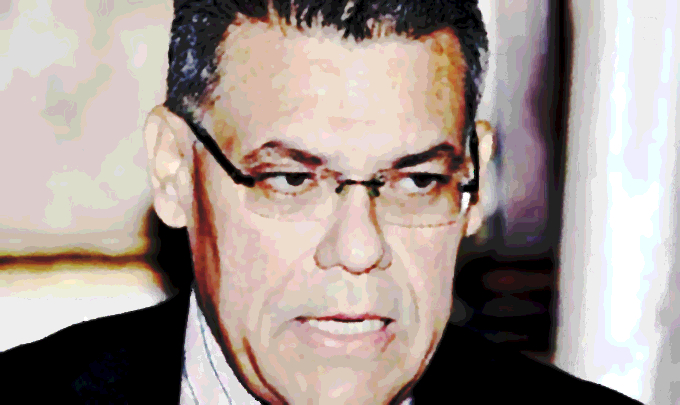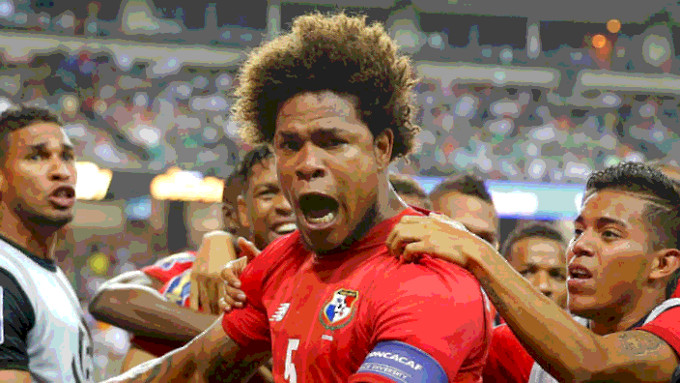
What all of the living former US presidents are saying
Barack Obama
campaigning on October 19 for Democrats in Newark
What we can’t have is the same old politics of division that we have seen so many times before that dates back centuries. Some of the politics we see now, we thought we put that to bed. That has folks looking 50 years back. It’s the 21st century, not the 19th century. Come on!
George W. Bush
October 19 speech in New York
We are gathered in the cause of liberty this is a unique moment. The great democracies face new and serious threats — yet seem to be losing confidence in their own calling and competence. Economic, political and national security challenges proliferate, and they are made worse by the tendency to turn inward. The health of the democratic spirit itself is at issue. And the renewal of that spirit is the urgent task at hand.
Since World War II, America has encouraged and benefited from the global advance of free markets, from the strength of democratic alliances, and from the advance of free societies. At one level, this has been a raw calculation of interest. The 20th century featured some of the worst horrors of history because dictators committed them. Free nations are less likely to threaten and fight each other.
And free trade helped make America into a global economic power.
For more than 70 years, the presidents of both parties believed that American security and prosperity were directly tied to the success of freedom in the world. And they knew that the success depended, in large part, on US leadership. This mission came naturally, because it expressed the DNA of American idealism.
We know, deep down, that repression is not the wave of the future. We know that the desire for freedom is not confined to, or owned by, any culture; it is the inborn hope of our humanity. We know that free governments are the only way to ensure that the strong are just and the weak are valued. And we know that when we lose sight of our ideals, it is not democracy that has failed. It is the failure of those charged with preserving and protecting democracy.
This is not to underestimate the historical obstacles to the development of democratic institutions and a democratic culture. Such problems nearly destroyed our country — and that should encourage a spirit of humility and a patience with others. Freedom is not merely a political menu option, or a foreign policy fad; it should be the defining commitment of our country, and the hope of the world.
That appeal is proved not just by the content of people’s hopes, but a noteworthy hypocrisy: No democracy pretends to be a tyranny. Most tyrannies pretend they are democracies. Democracy remains the definition of political legitimacy. That has not changed, and that will not change.
Yet for years, challenges have been gathering to the principles we hold dear. And, we must take them seriously. Some of these problems are external and obvious. Here in New York City, you know the threat of terrorism all too well. It is being fought even now on distant frontiers and in the hidden world of intelligence and surveillance. There is the frightening, evolving threat of nuclear proliferation and outlaw regimes. And there is an aggressive challenge by Russia and China to the norms and rules of the global order — proposed revisions that always seem to involve less respect for the rights of free nations and less freedom for the individual.
These matters would be difficult under any circumstances. They are further complicated by a trend in western countries away from global engagement and democratic confidence. Parts of Europe have developed an identity crisis. We have seen insolvency, economic stagnation, youth unemployment, anger about immigration, resurgent ethno-nationalism, and deep questions about the meaning and durability of the European Union.
America is not immune from these trends. In recent decades, public confidence in our institutions has declined. Our governing class has often been paralyzed in the face of obvious and pressing needs. The American dream of upward mobility seems out of reach for some who feel left behind in a changing economy. Discontent deepened and sharpened partisan conflicts. Bigotry seems emboldened. Our politics seems more vulnerable to conspiracy theories and outright fabrication.
There are some signs that the intensity of support for democracy itself has waned, especially among the young, who never experienced the galvanizing moral clarity of the Cold War, or never focused on the ruin of entire nations by socialist central planning. Some have called this “democratic deconsolidation.” Really, it seems to be a combination of weariness, frayed tempers, and forgetfulness.
We have seen our discourse degraded by casual cruelty. At times, it can seem like the forces pulling us apart are stronger than the forces binding us together. Argument turns too easily into animosity. Disagreement escalates into dehumanization. Too often, we judge other groups by their worst examples while judging ourselves by our best intentions — forgetting the image of God we should see in each other.
We’ve seen nationalism distorted into nativism — forgotten the dynamism that immigration has always brought to America. We see a fading confidence in the value of free markets and international trade — forgetting that conflict, instability, and poverty follow in the wake of protectionism.
We have seen the return of isolationist sentiments — forgetting that American security is directly threatened by the chaos and despair of distant places, where threats such as terrorism, infectious disease, criminal gangs and drug trafficking tend to emerge.
In all these ways, we need to recall and recover our own identity. Americans have a great advantage: To renew our country, we only need to remember our values.
This is part of the reason we meet here today. How do we begin to encourage a new, 21st century American consensus on behalf of democratic freedom and free markets? That’s the question I posed to scholars at the Bush Institute. That is what Pete Wehner and Tom Melia, who are with us today, have answered with “The Spirit of Liberty: At Home, In The World,” a Call to Action paper.
The recommendations come in broad categories. Here they are: First, America must harden its own defenses. Our country must show resolve and resilience in the face of external attacks on our democracy. And that begins with confronting a new era of cyber threats.
America is experiencing the sustained attempt by a hostile power to feed and exploit our country’s divisions. According to our intelligence services, the Russian government has made a project of turning Americans against each other. This effort is broad, systematic and stealthy, it’s conducted across a range of social media platforms. Ultimately, this assault won’t succeed. But foreign aggressions — including cyber-attacks, disinformation and financial influence — should not be downplayed or tolerated. This is a clear case where the strength of our democracy begins at home. We must secure our electoral infrastructure and protect our electoral system from subversion.
The second category of recommendations concerns the projection of American leadership — maintaining America’s role in sustaining and defending an international order rooted in freedom and free markets.
Our security and prosperity are only found in wise, sustained, global engagement: In the cultivation of new markets for American goods. In the confrontation of security challenges before they fully materialize and arrive on our shores. In the fostering of global health and development as alternatives to suffering and resentment. In the attraction of talent, energy and enterprise from all over the world. In serving as a shining hope for refugees and a voice for dissidents, human rights defenders, and the oppressed.
We should not be blind to the economic and social dislocations caused by globalization. People are hurting. They are angry. And, they are frustrated. We must hear them and help them. But we can’t wish globalization away, any more than we could wish away the agricultural revolution or the industrial revolution. One strength of free societies is their ability to adapt to economic and social disruptions.
And that should be our goal: to prepare American workers for new opportunities, to care in practical, empowering ways for those who may feel left behind. The first step should be to enact policies that encourage robust economic growth by unlocking the potential of the private sector, and for unleashing the creativity and compassion of this country.
A third focus of this document is strengthening democratic citizenship. And here we must put particular emphasis on the values and views of the young.
Our identity as a nation — unlike many other nations — is not determined by geography or ethnicity, by soil or blood. Being an American involves the embrace of high ideals and civic responsibility. We become the heirs of Thomas Jefferson by accepting the ideal of human dignity found in the Declaration of Independence. We become the heirs of James Madison by understanding the genius and values of the US Constitution. We become the heirs of Martin Luther King, Jr., by recognizing one another not by the color of their skin, but by the content of their character.
This means that people of every race, religion, and ethnicity can be fully and equally American. It means that bigotry or white supremacy in any form is blasphemy against the American creed.
And it means that the very identity of our nation depends on the passing of civic ideals to the next generation.
We need a renewed emphasis on civic learning in schools. And our young people need positive role models. Bullying and prejudice in our public life sets a national tone, provides permission for cruelty and bigotry, and compromises the moral education of children. The only way to pass along civic values is to first live up to them.
Finally, the Call to Action calls on the major institutions of our democracy, public and private, to consciously and urgently attend to the problem of declining trust.
For example, our democracy needs a media that is transparent, accurate and fair. Our democracy needs religious institutions that demonstrate integrity and champion civil discourse. Our democracy needs institutions of higher learning that are examples of truth and free expression.
In short, it is time for American institutions to step up and provide cultural and moral leadership for this nation.
Ten years ago, I attended a Conference on Democracy and Security in Prague. The goal was to put human rights and human freedom at the center of our relationships with repressive governments. The Prague Charter, signed by champions of liberty Vaclav Havel, Natan Sharansky, Jose Maria Aznar, called for the isolation and ostracism of regimes that suppress peaceful opponents by threats or violence.
Little did we know that, a decade later, a crisis of confidence would be developing within the core democracies, making the message of freedom more inhibited and wavering. Little did we know that repressive governments would be undertaking a major effort to encourage division in western societies and to undermine the legitimacy of elections.
Repressive rivals, along with skeptics here at home, misunderstand something important. It is the great advantage of free societies that we creatively adapt to challenges, without the direction of some central authority. Self-correction is the secret strength of freedom. We are a nation with a history of resilience and a genius for renewal.
Right now, one of our worst national problems is a deficit of confidence. But the cause of freedom justifies all our faith and effort. It still inspires men and women in the darkest corners of the world, and it will inspire a rising generation. The American spirit does not say, “We shall manage,” or “We shall make the best of it.” It says, “We shall overcome.” And that is exactly what we will do, with the help of God and one another.
Bill Clinton
speaking at Dublin City University on October 17
All partnerships that are community-based are held together not because everybody agrees with everybody else, not because we don’t still have our particular identities, but because cooperation is better than conflict or isolation in any environment in which you must be in touch with others.
It’s a simple proposition. But we are re-litigating it now.
George H. W. Bush
from his Twitter feed on October 17

Jimmy Carter
October 6 op-ed column in The New York Times
New media forms, including social media, are fueling political polarization as people communicate with general audiences and narrowly focused groups, without the deliberation typical of traditional forms of communication. Hacking, misinformation, “fake news” and cybersecurity threats are expanding the power of a few while undermining public confidence in the accuracy of mass media and information. Politicians are using detailed voter information to play to their bases, allowing them to ignore the rest of their constituents.
~ ~ ~
These announcements are interactive. Click on them for more information.



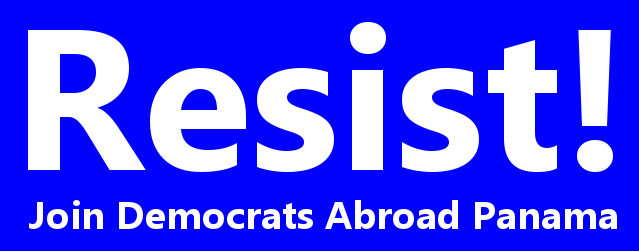








 Bees living in cities often have to seek out green space like parks, ravines and gardens. Green roofs could offer them some habitat.
Bees living in cities often have to seek out green space like parks, ravines and gardens. Green roofs could offer them some habitat. 
